Eco-friendly Fabrics for Every Need
Explore our range of recycled, dye-free fabrics perfect for sweatshirts, T-shirts, and thermal wear. Made with rPET and recycled cotton for sustainability.
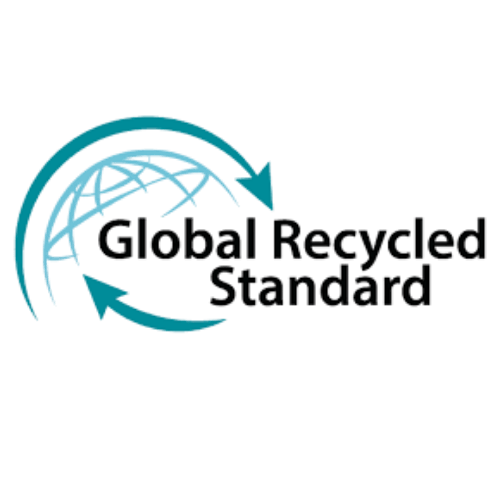

Discover our sustainable fabric solutions
RegenFabric is committed to innovation and environmental responsibility. Our fabrics are crafted from 100% recycled materials using advanced air jet spinning and color-spun technology, eliminating traditional dyeing. This approach ensures high quality, durability, and a significantly reduced environmental footprint.


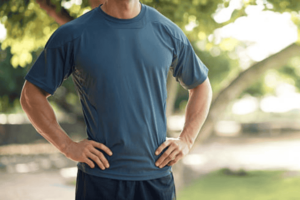
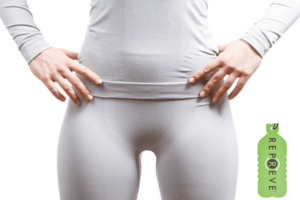
Our Sustainability Efforts
Each fabric is customizable in color and meets the highest standards of sustainability.

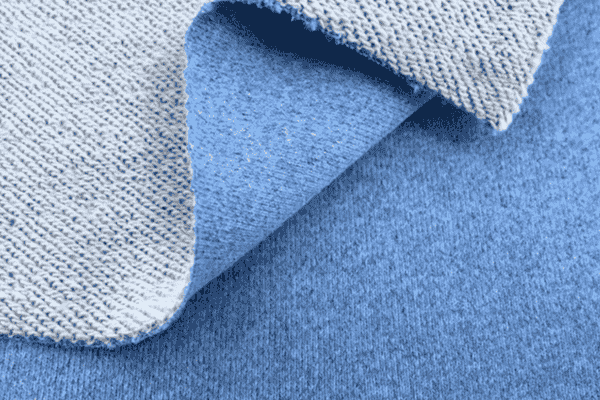
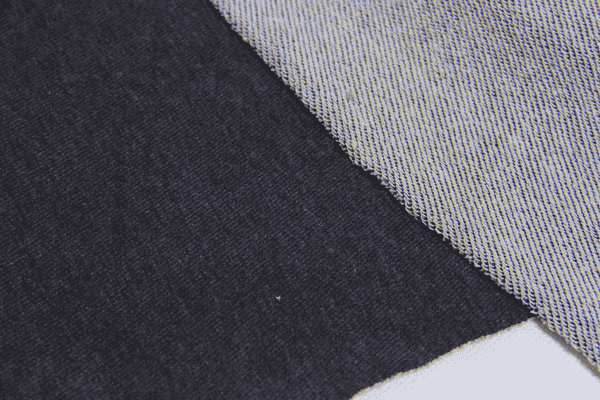
Sweatshirt Fabric
- Material: 100% recycled (recycled polyester + recycled cotton)
- Weight: 210-320 g/m²
- Width: 180/185 cm
- Color: Customizable
- Technology: Air jet spinning for uniform, durable yarns
T-shirt Fabric
- Material: Recycled polyester + recycled cotton
- Weight: 140-300 g/m²
- Width: Tubular (48-74 cm) or flat (180/185 cm)
- Color: Customizable
- Technology: Air jet spinning for comfort
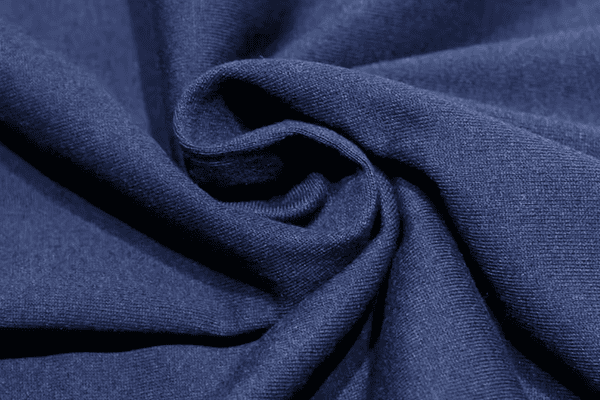
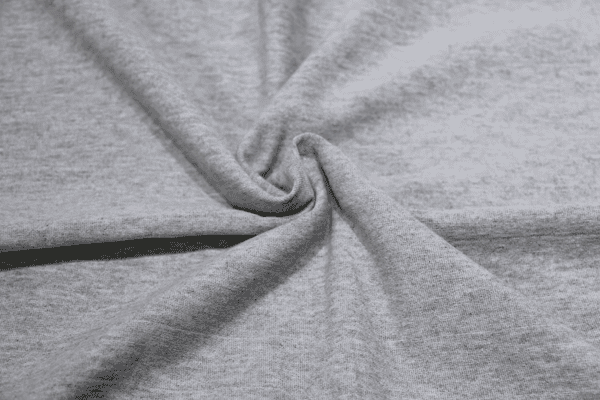
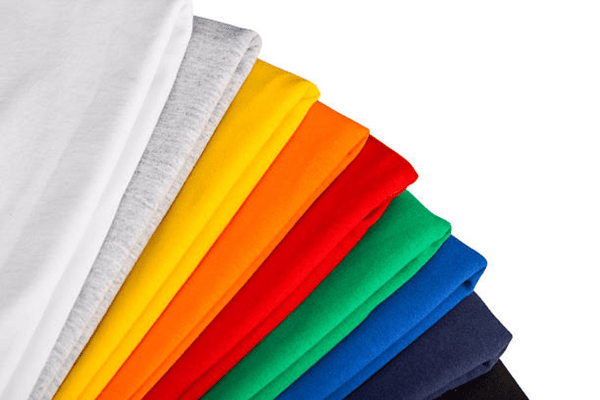
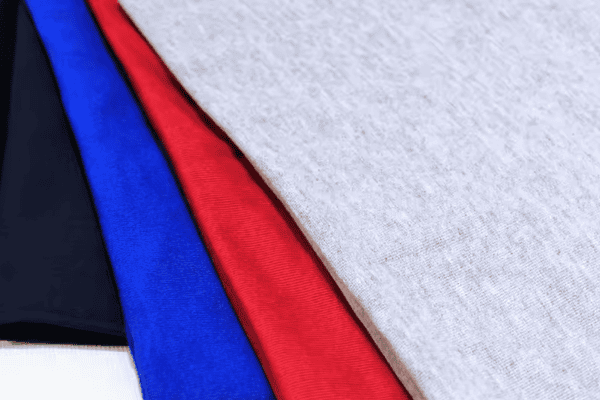
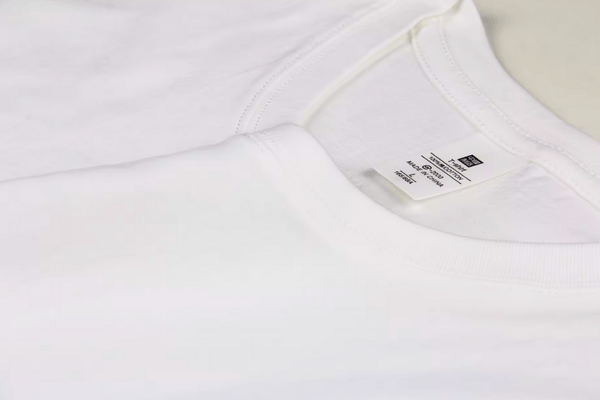
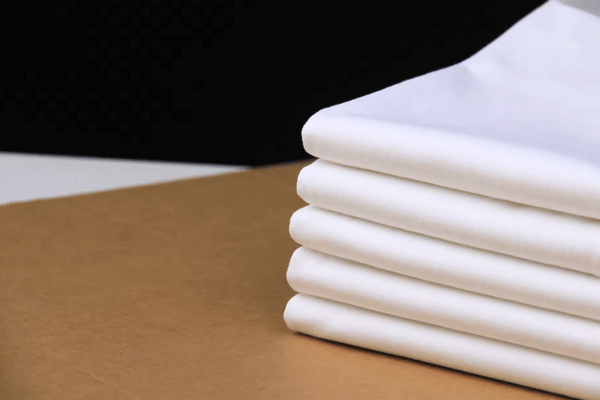
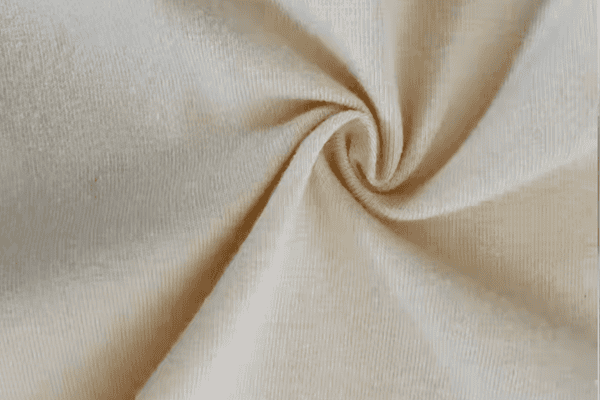
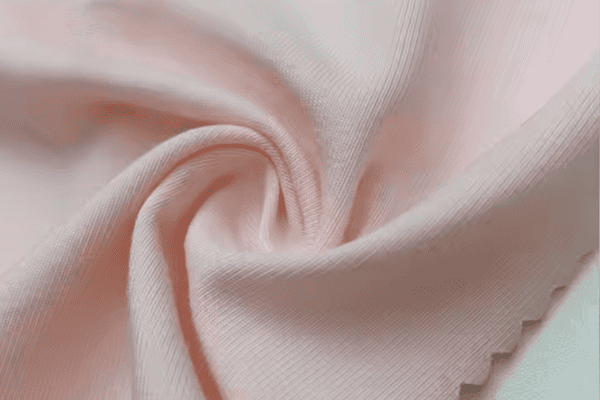
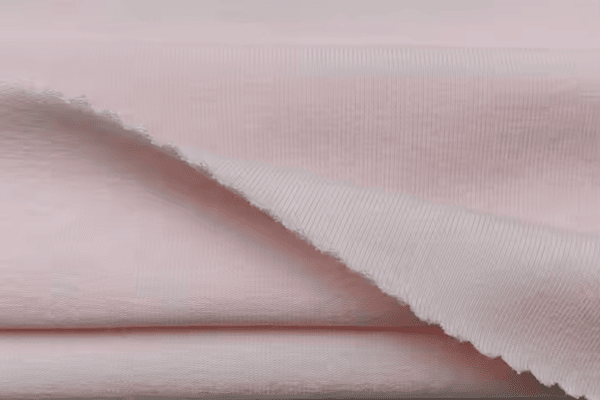
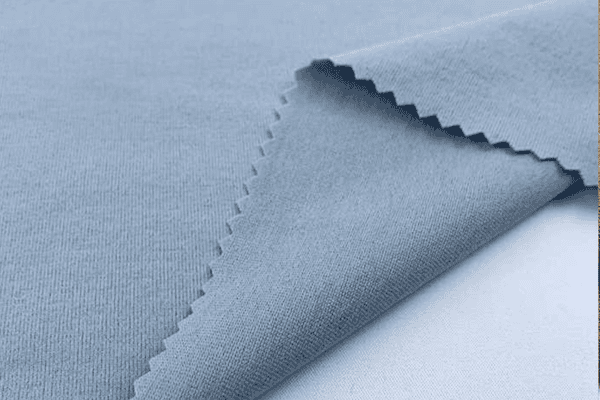
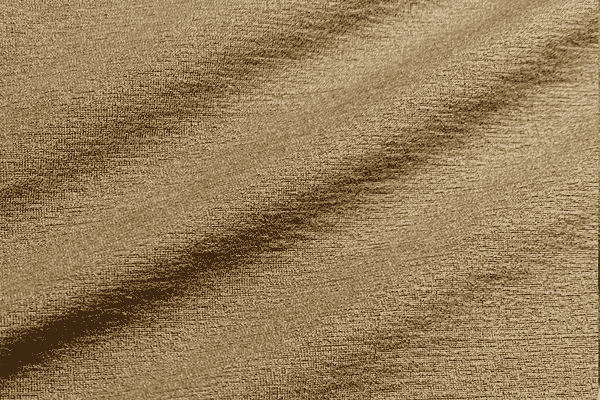
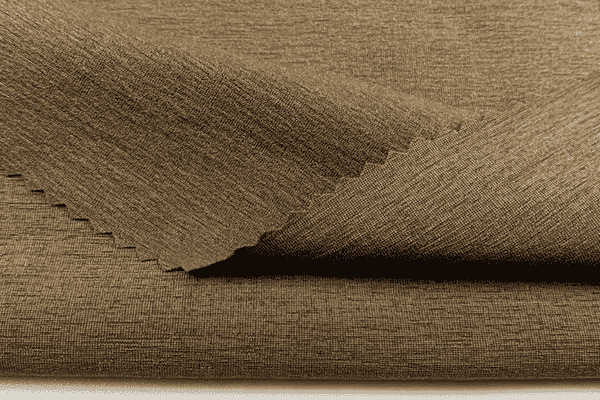
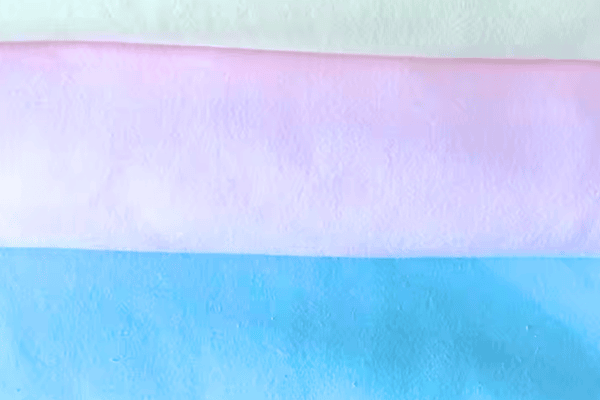
Thermal Wear Fabric
- Material: Recycled polyester + recycled cotton (optional spandex)
- Weight: 200-350 g/m²
- Width: 180/185 cm
- Color: Customizable
- Technology: Air jet spinning for durability
Woven Plaid Fabric
Our woven plaid fabrics are specially designed to offer comfort and durability. Crafted with precision, our recycled woven fabrics ensure breathability, ease of movement, and skin-friendly softness, perfect for everyday wear or special occasions.
- Material: 100% Recycled rPET and Recycled Cotton Blend
- Fabric Type: Woven Plaid Fabric (Eco-friendly & Durable)
- Ideal Uses: Dog coats, jackets, shirts, bandanas, and more
- Color: Customizable
- Customization: Available in multiple plaid patterns and color combinations tailored through our color-spun technology, no additional dyeing required.

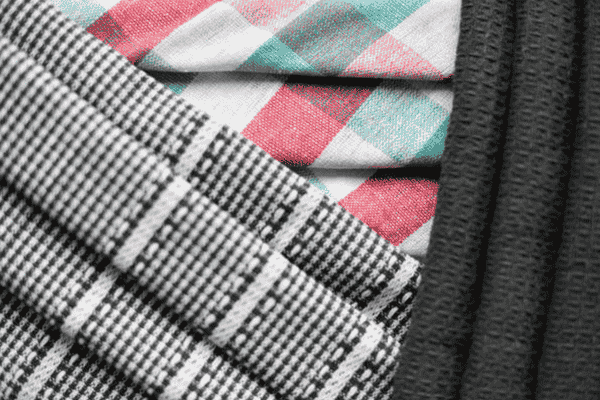
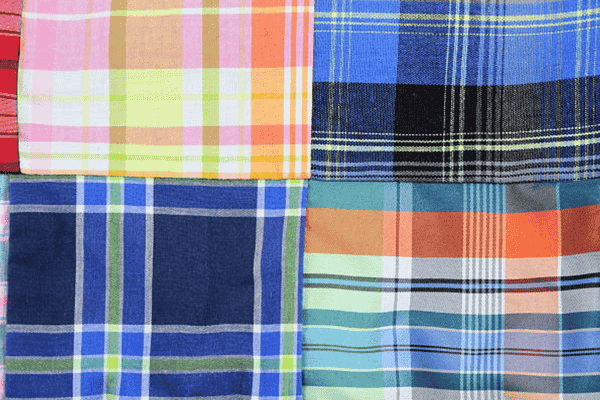

Why Choose Us
- Cost Benefits: At comparable quality, our pricing advantage of around 10%–15% allows clients to enhance their profit margins while maintaining environmental credentials.
- Production Efficiency: Compared to traditional methods, our production cycle is shortened by approximately 20%–30%, reducing inventory and logistics costs;
- Sustainability: Each batch can save up to 70% water usage and significantly reduce CO₂ emissions (based on actual testing data);






